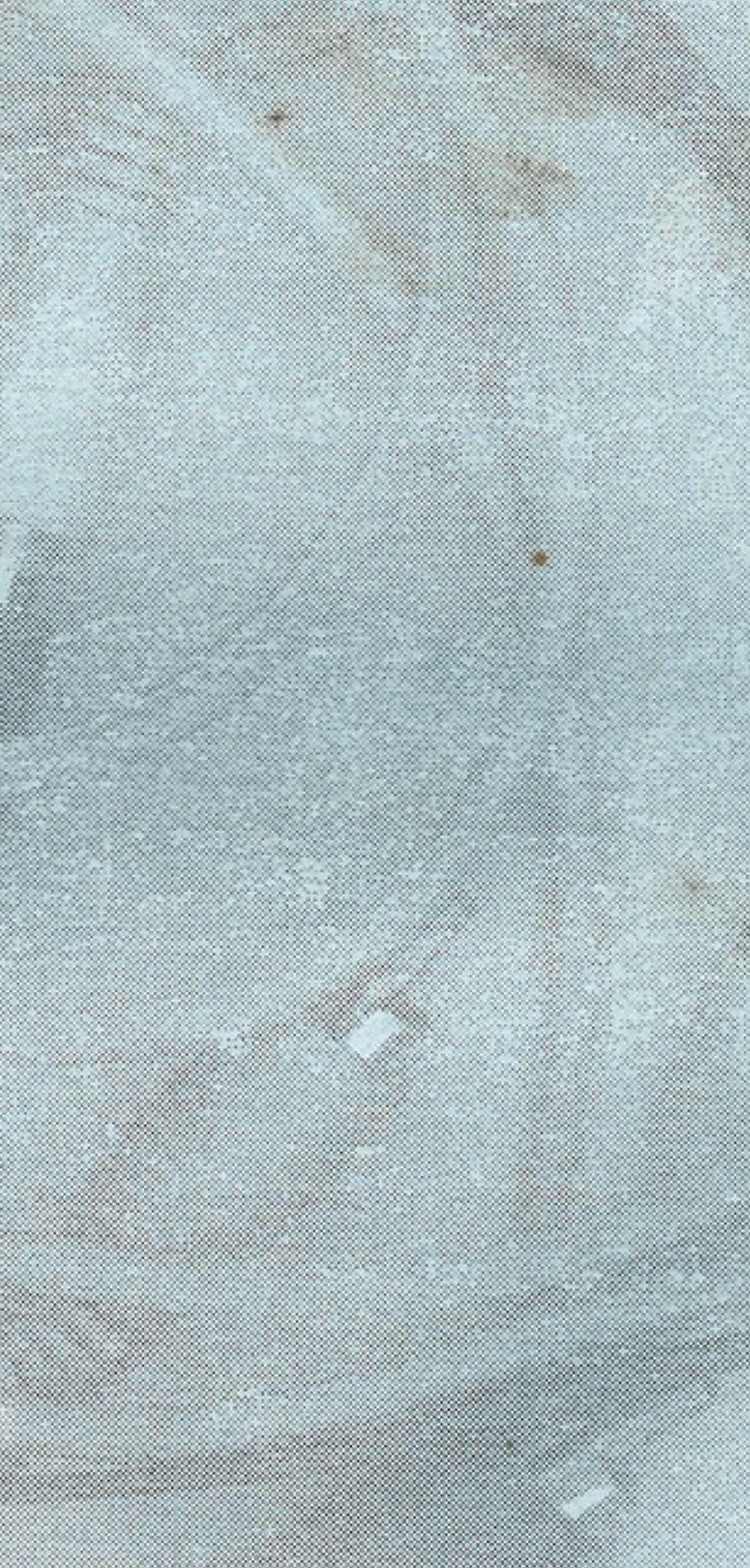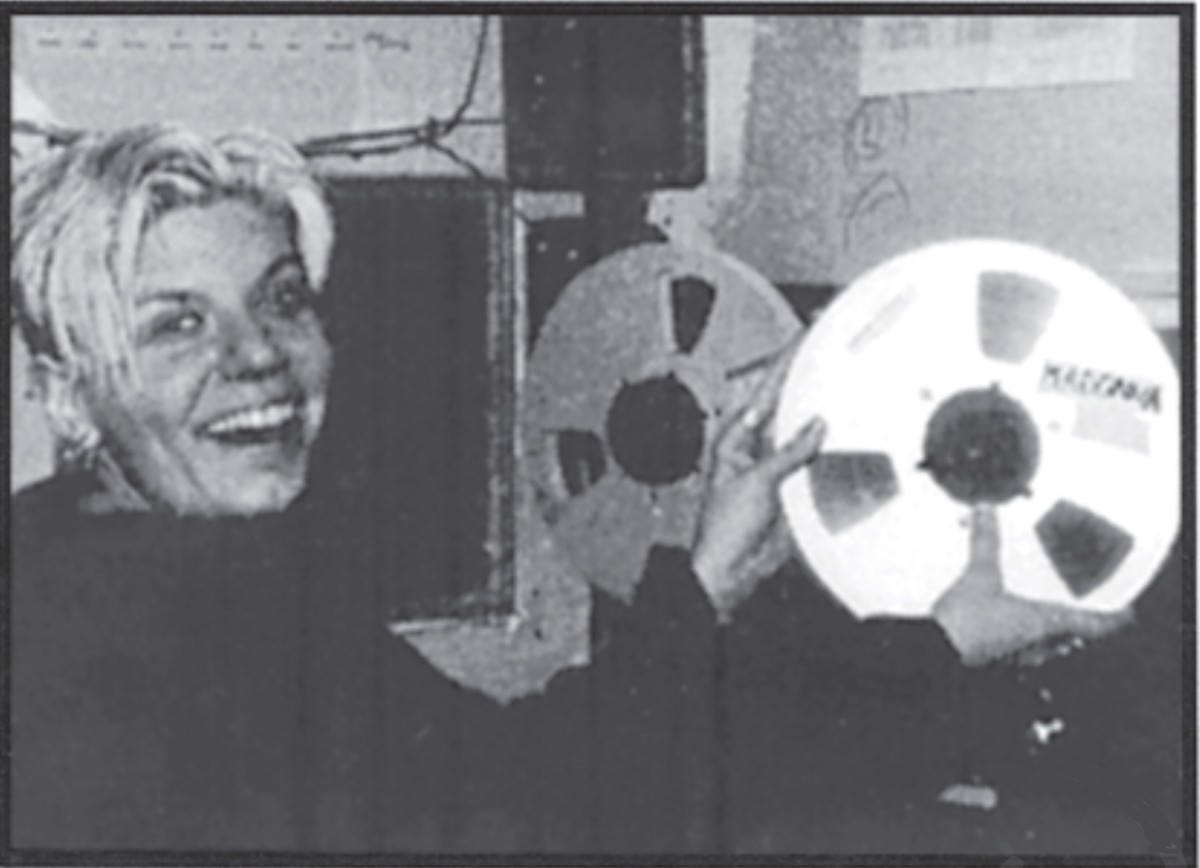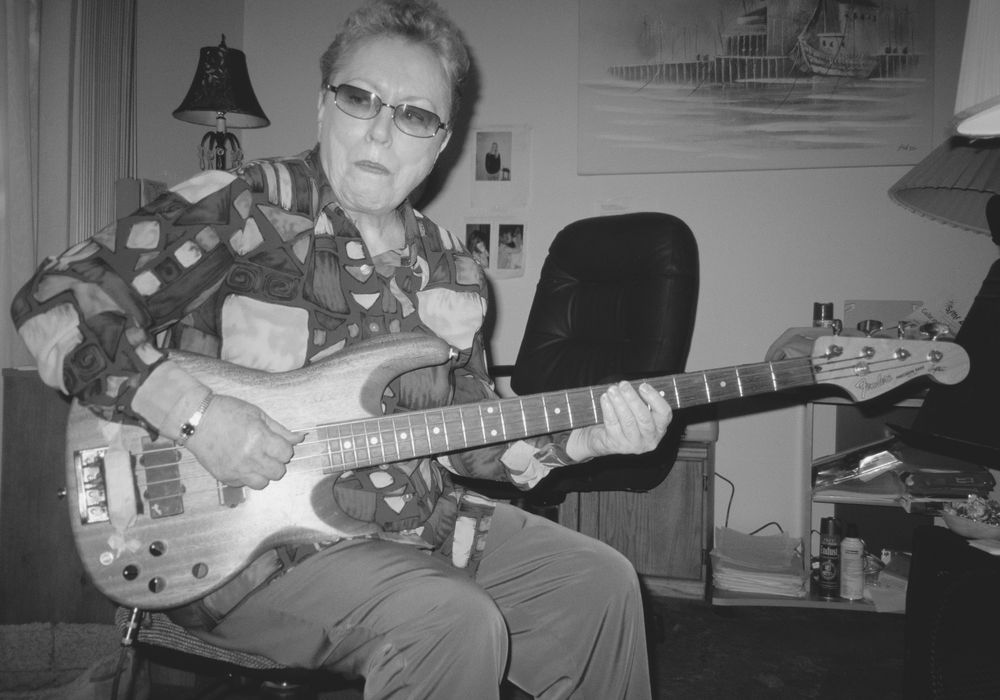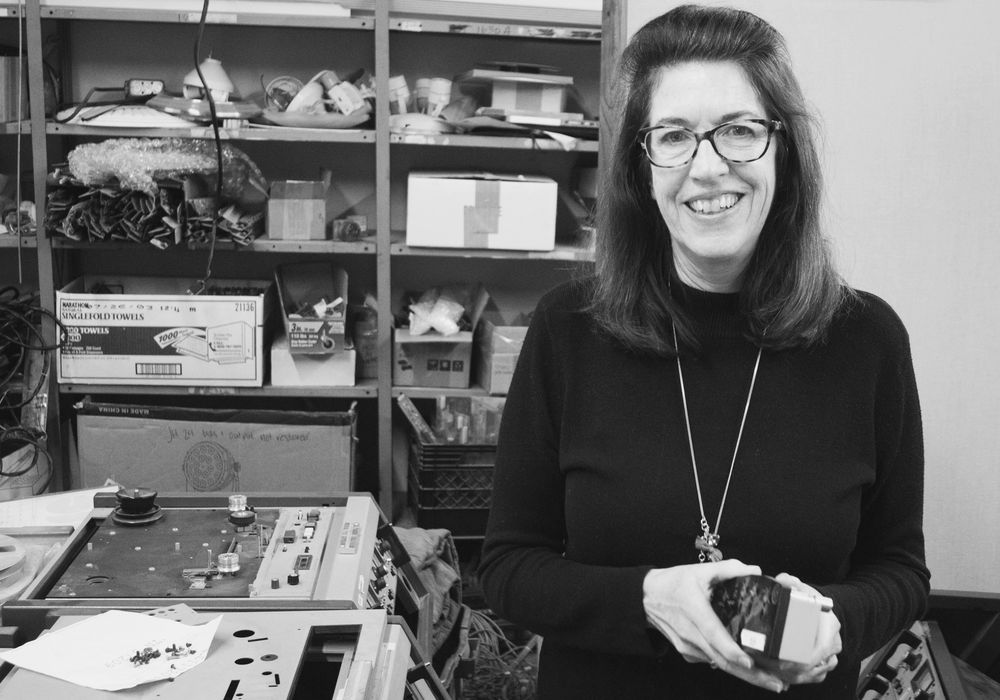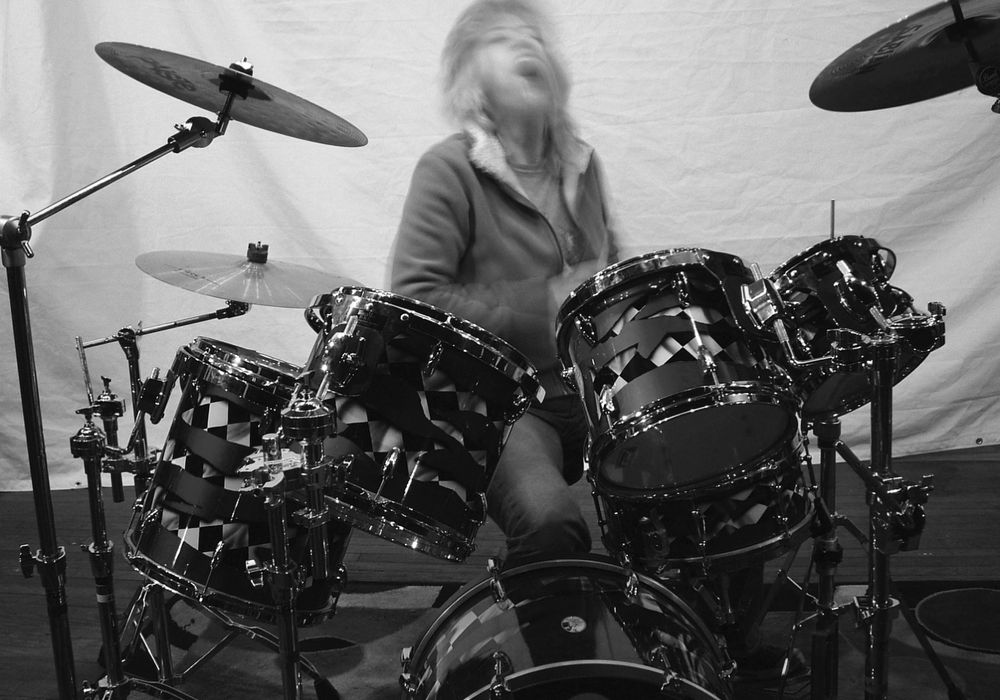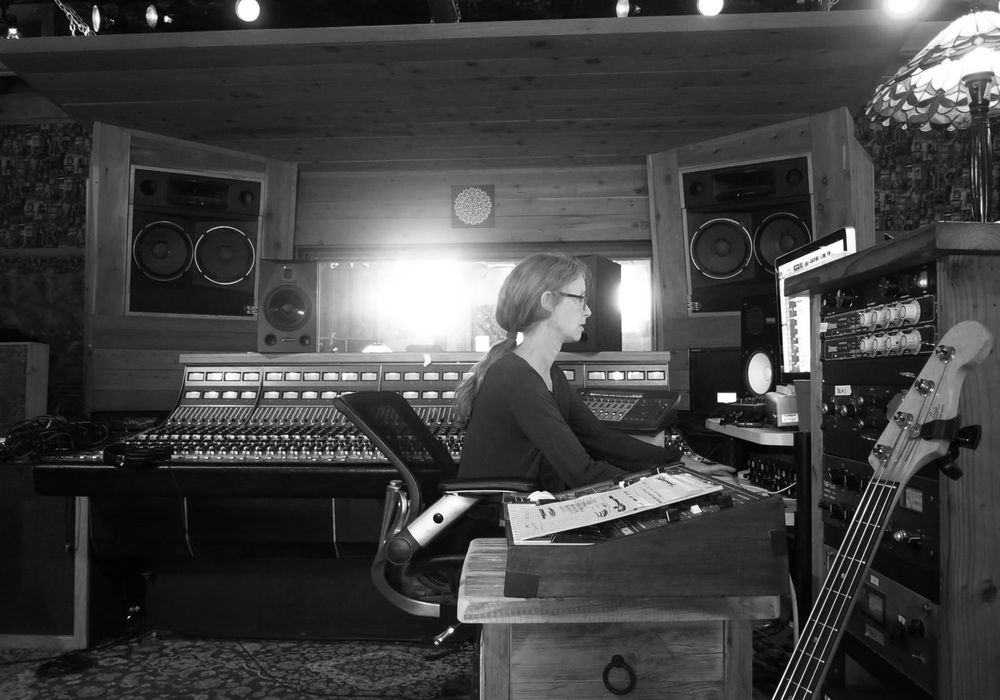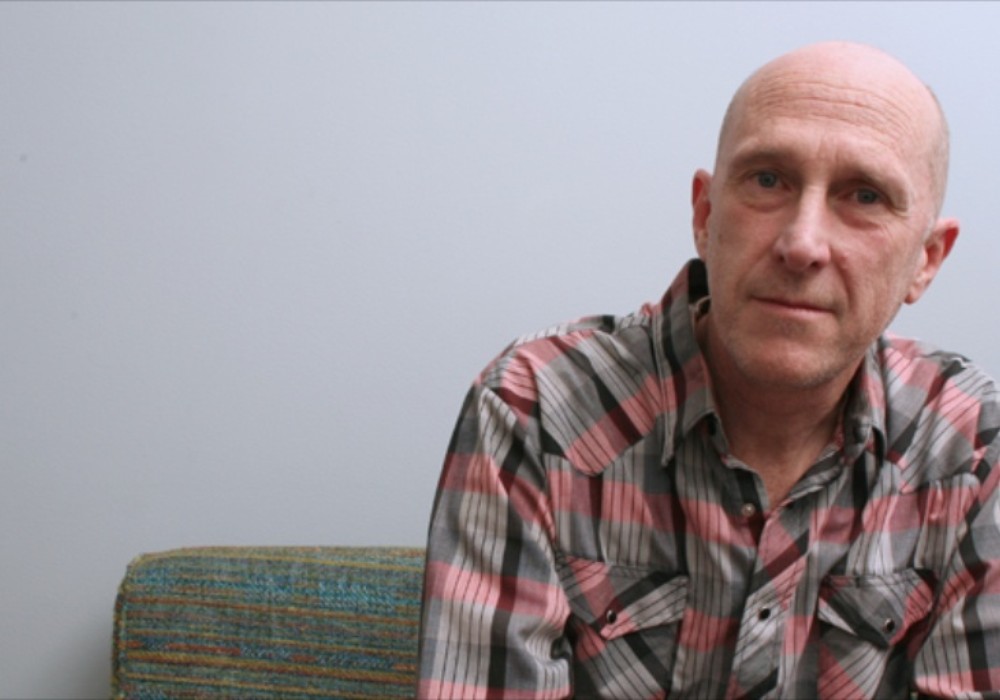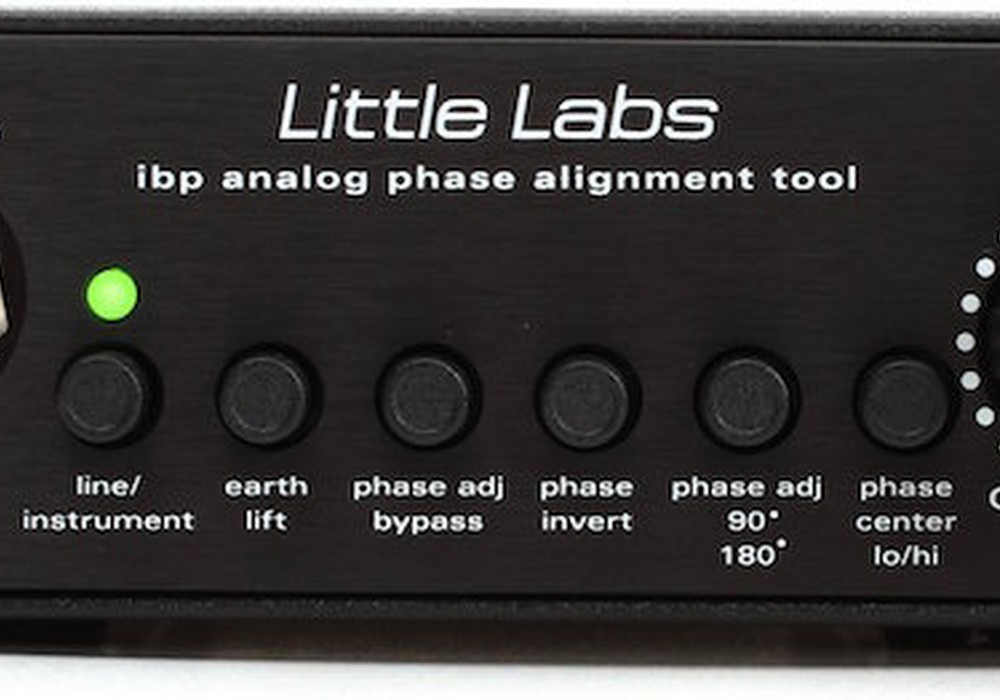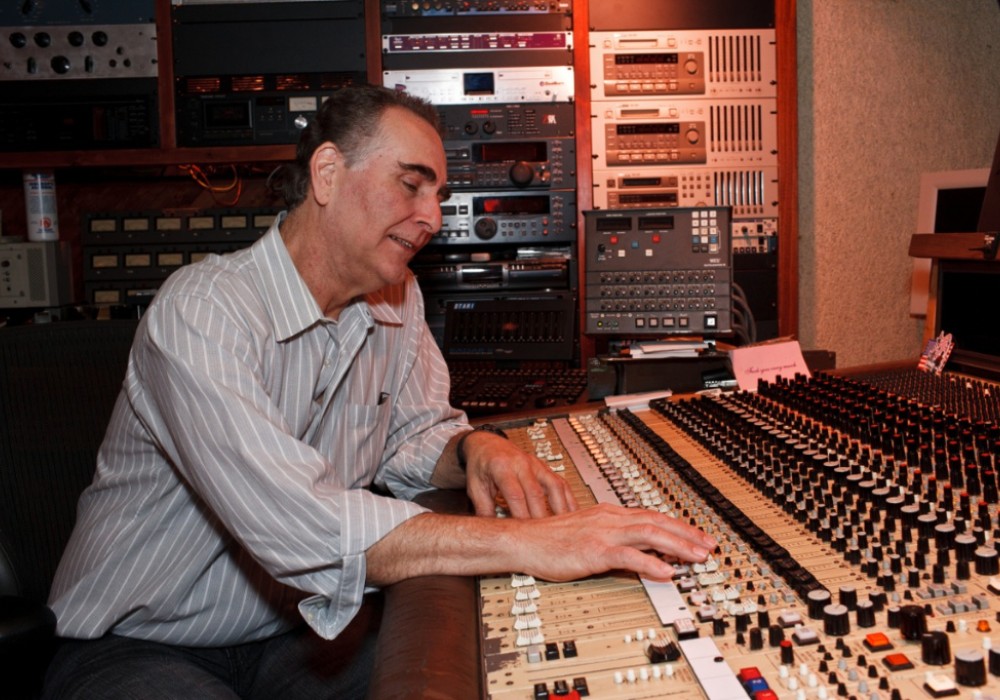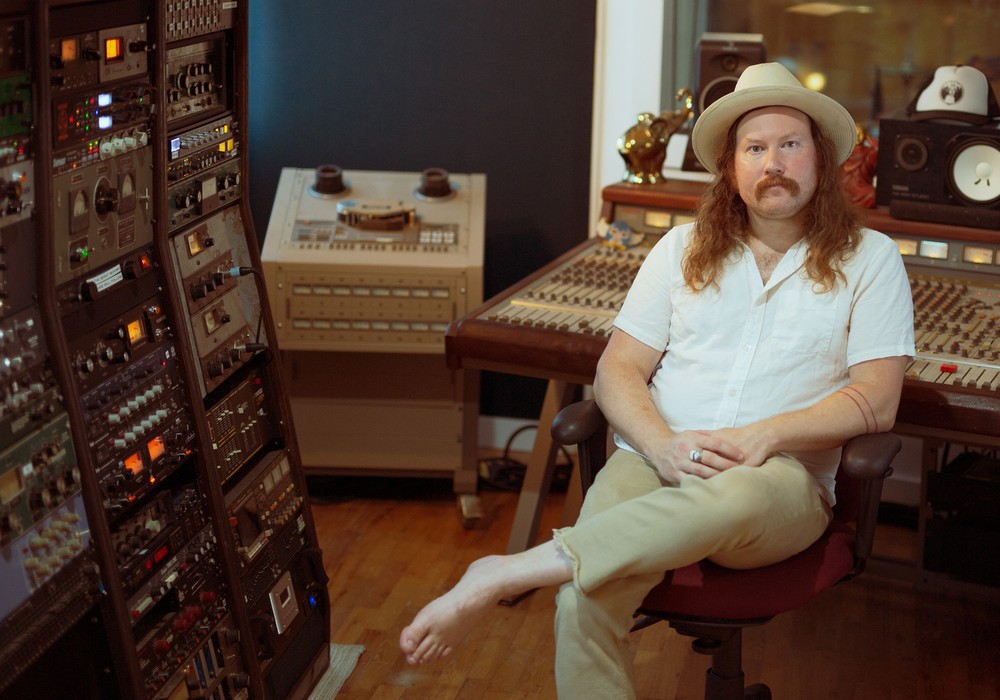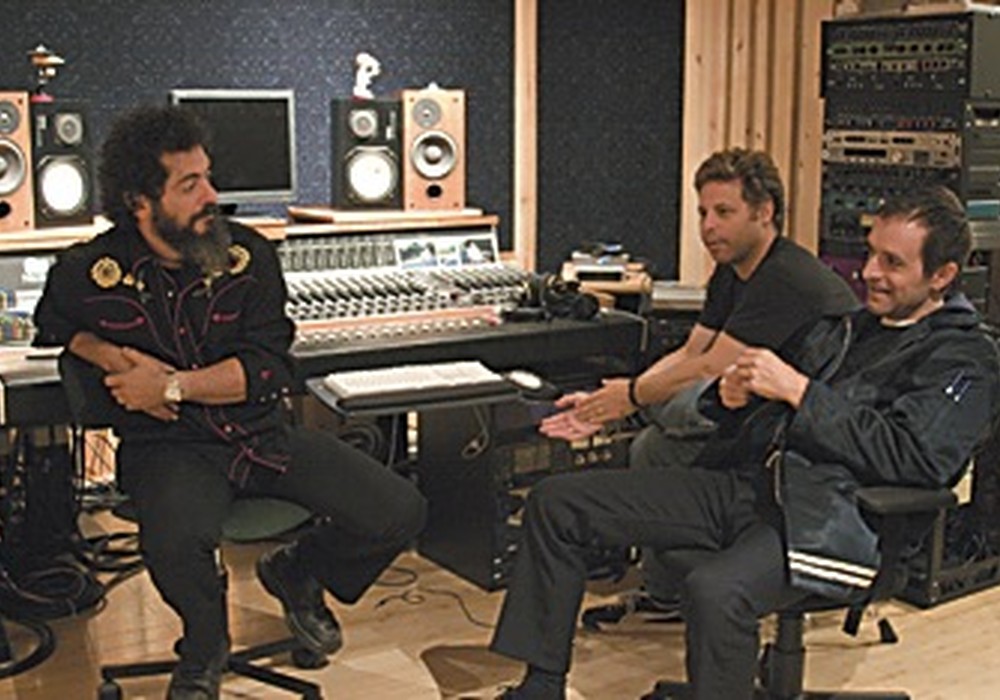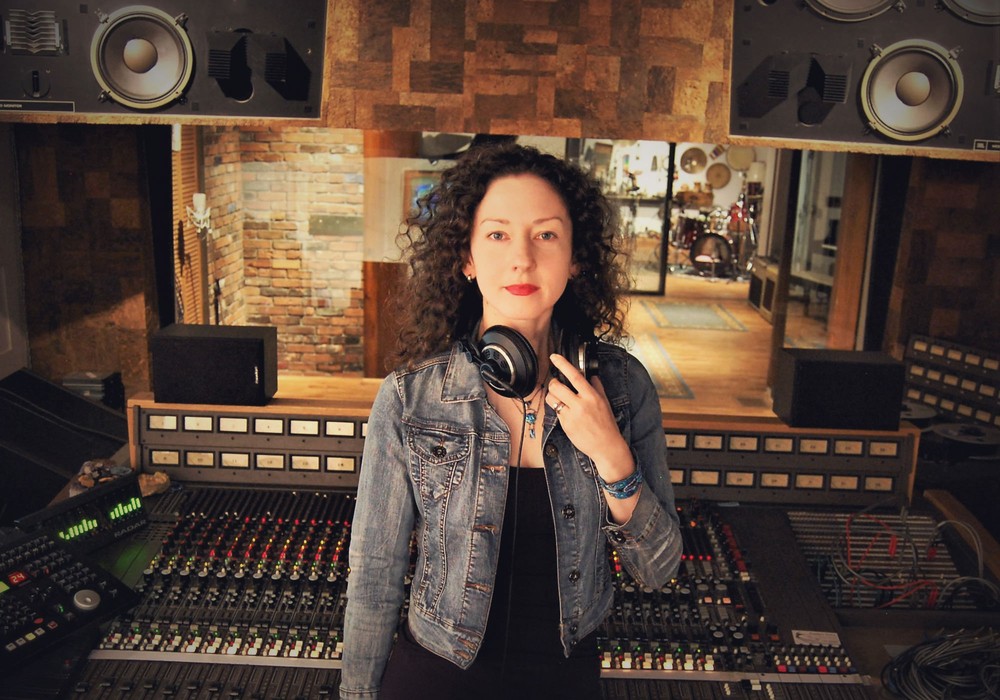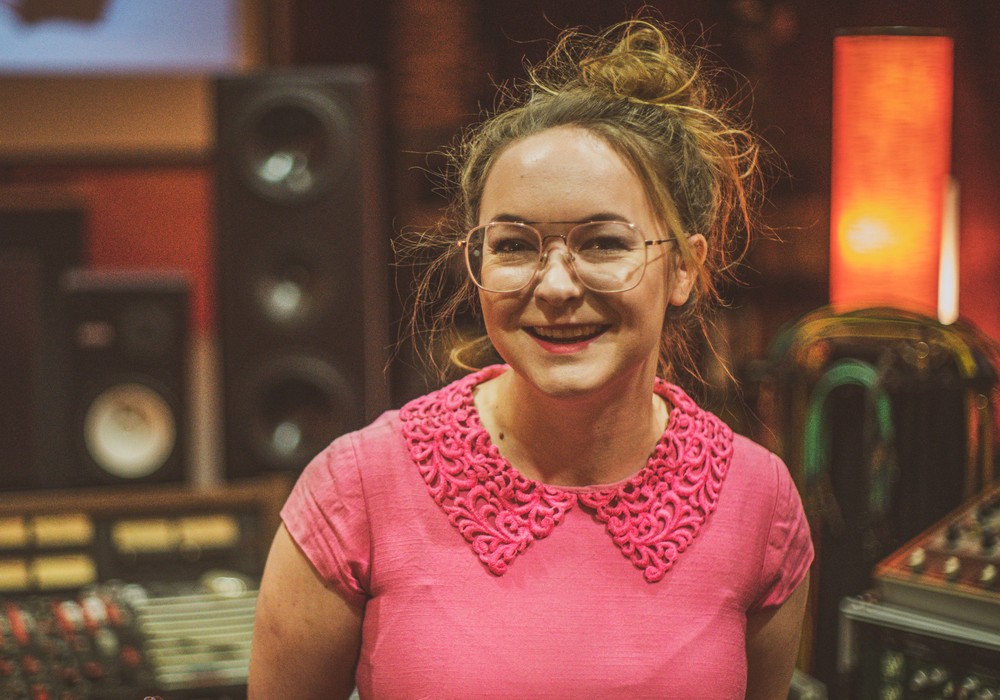Hillary first came to Tape Op's attention when she e-mailed us, from New York, with some hot "snapple-micing" tips (see the letters in issue #3). I was impressed with her rockin' producer/engineer rÈsumÈ which included the Ramones, the Godrays, Murphy's Law, Tribe 8, L.E.S. Stitches, Spook Engine, and more. We managed to meet up face-to-face for an interview at the palatial Tape Op digs while she was in Portland visiting for the holidays.
So how did you get started in recording? Were you in a band?
I've never played music. I've always just listened to music. When I was in grade school I wanted to take up trombone lessons and the teacher said, "Your arms aren't long enough." I know now that it's more like, "Your a girl, you can't do that." I was kinda discouraged. I just loved music and when I was in college I was studying communications and I took a sound production class, like razor editing and that kinda stuff, and I read chapter one of the book about what a producer is and I thought, "This is what I want to do."
Did you study all that stuff at school?
Not in college. I got a degree which was more production orientated and I did a lot of video. After I graduated college I took a short 8 week basic course on the theory of recording. It wasn't even that technical. It was more like there are these steps in recording and this is how it's done. I was living in Maryland and I got a chance to run a studio in New York, turn it into a business, and learn engineering at the same time. I just jumped at it 'cause I wasn't doing anything exciting in Maryland.
How did you end up with the chance to do this?
Friends of mine had recorded at the studio [Spa], where I'm working now, and the guy who was the assistant engineer at the time ended up clicking with the band and they needed a soundman--so they took him. The studio owner, who was friends with the band's manager, said, "If you take him you need to give me somebody." The manager knew that I wanted to get into recording and said, "Well, go up for six weeks." It ended up being more than six weeks.
How long have you been there now?
Three and a half years. After I was there for six months I started engineering--just small bands. The studio is a small 24 track; a midsize studio for Manhattan. It's pretty much a word-of-mouth kind of place. I was doing real assisting--answering phones, making coffee, emptying the trash and also setting up mics; all the stuff an assistant does
At the same time I was running the studio: learning about where to buy equipment, if something breaks--who to call.
So they gradually eased you in to recording.
It was just me and the owner and one engineer but he wasn't involved in the business aspect. I pretty much taught myself all the aspects of the business of recording.
What was the first session you recorded?
A lot of the times there's a crossover, when you're still assisting, of when you're assisting and when you're actually engineering. "You want me to get the sound? I'm just the assistant." It might have actually been D-Generation. They just came in to do one song for a demo. They're a big, New York based rock band. They opened for Kiss! I pretty much just started engineering--not really working with a separate producer but working with the band, just giving them suggestions--not even really co-producing. I just worked with a lot of New York local bands that I liked. "Come in and record. I'll get you a good rate on the studio and I'll do it for free."
You were coaxing people that you knew or had seen.
A lot of the bands hadn't recorded before; or if they had it was just 4 track stuff. I thought, "This will be great for them. They'd be able to learn what all these other bands are doing out there." It was a way for me to get more experience doing it. We'd go in, off-hours, late at night or in between two lockout sessions or something.
For cheap.
Has the studio always had a 24 track there? I assume it's a 2" Studer.
Yeah. We also have an 8 track digital (Roland DM-80).
Hard drive?
Yeah, the Spook Engine record was done on that. An experiment on how to make 8 tracks work. A couple of songs...
